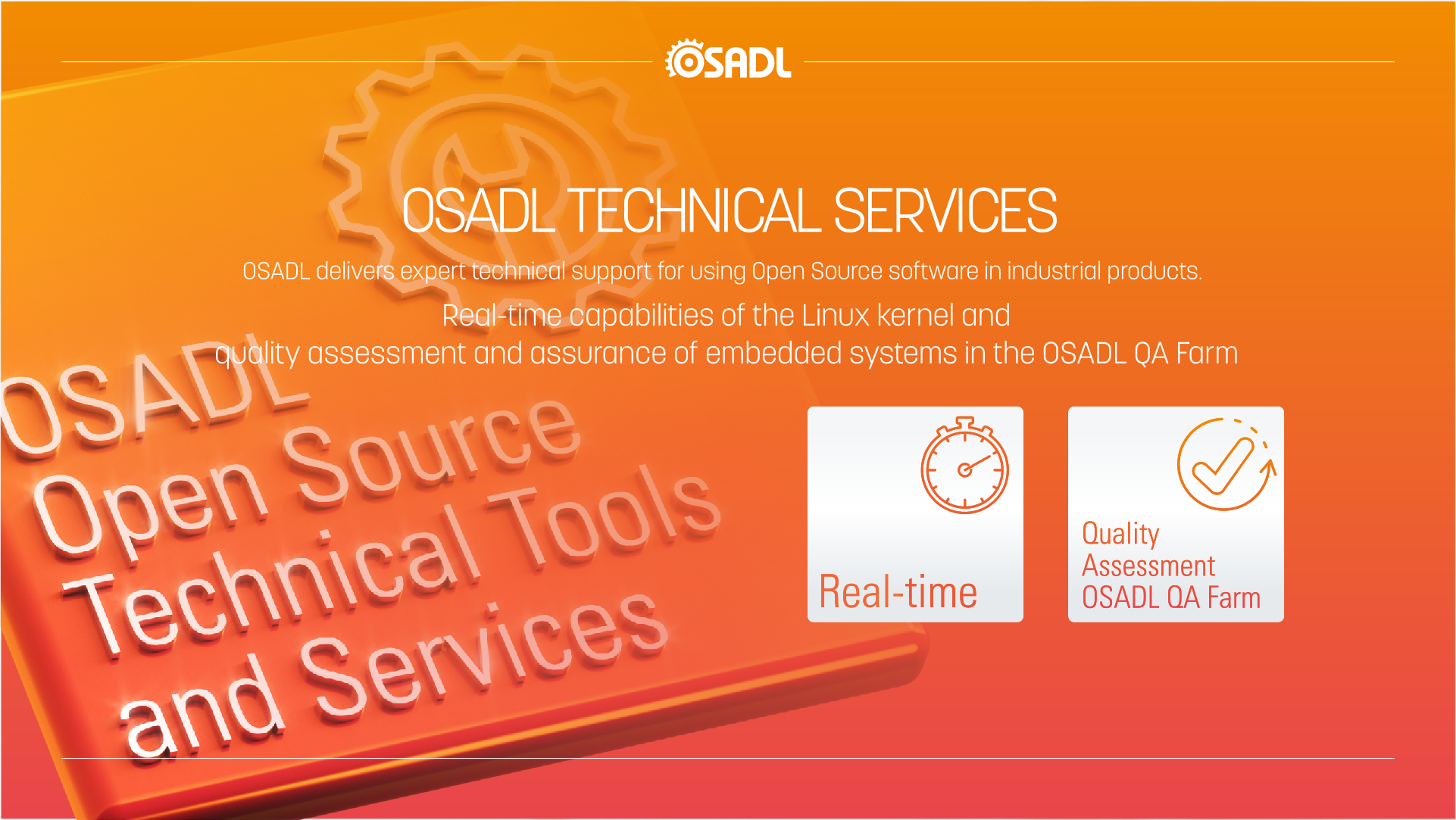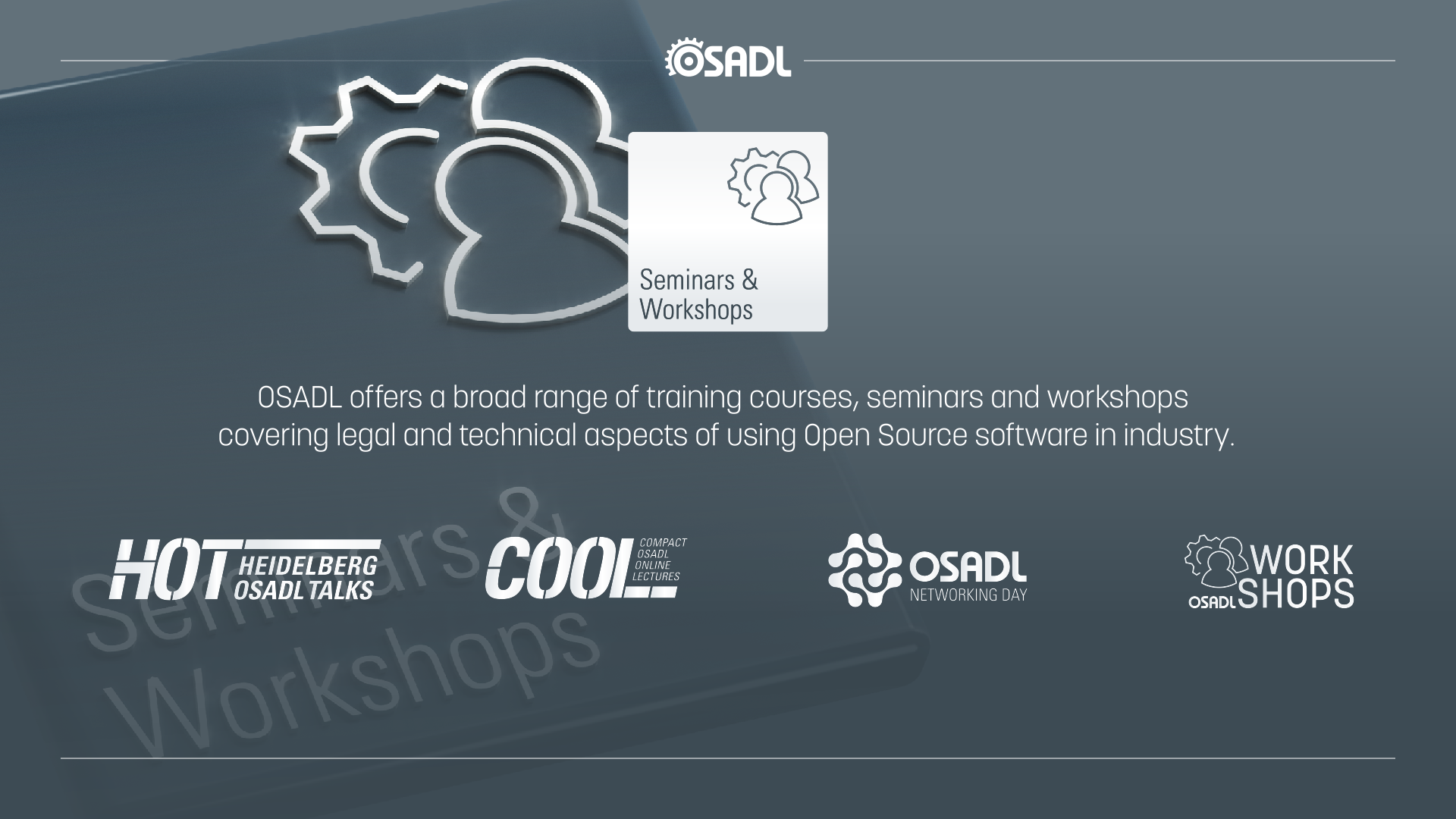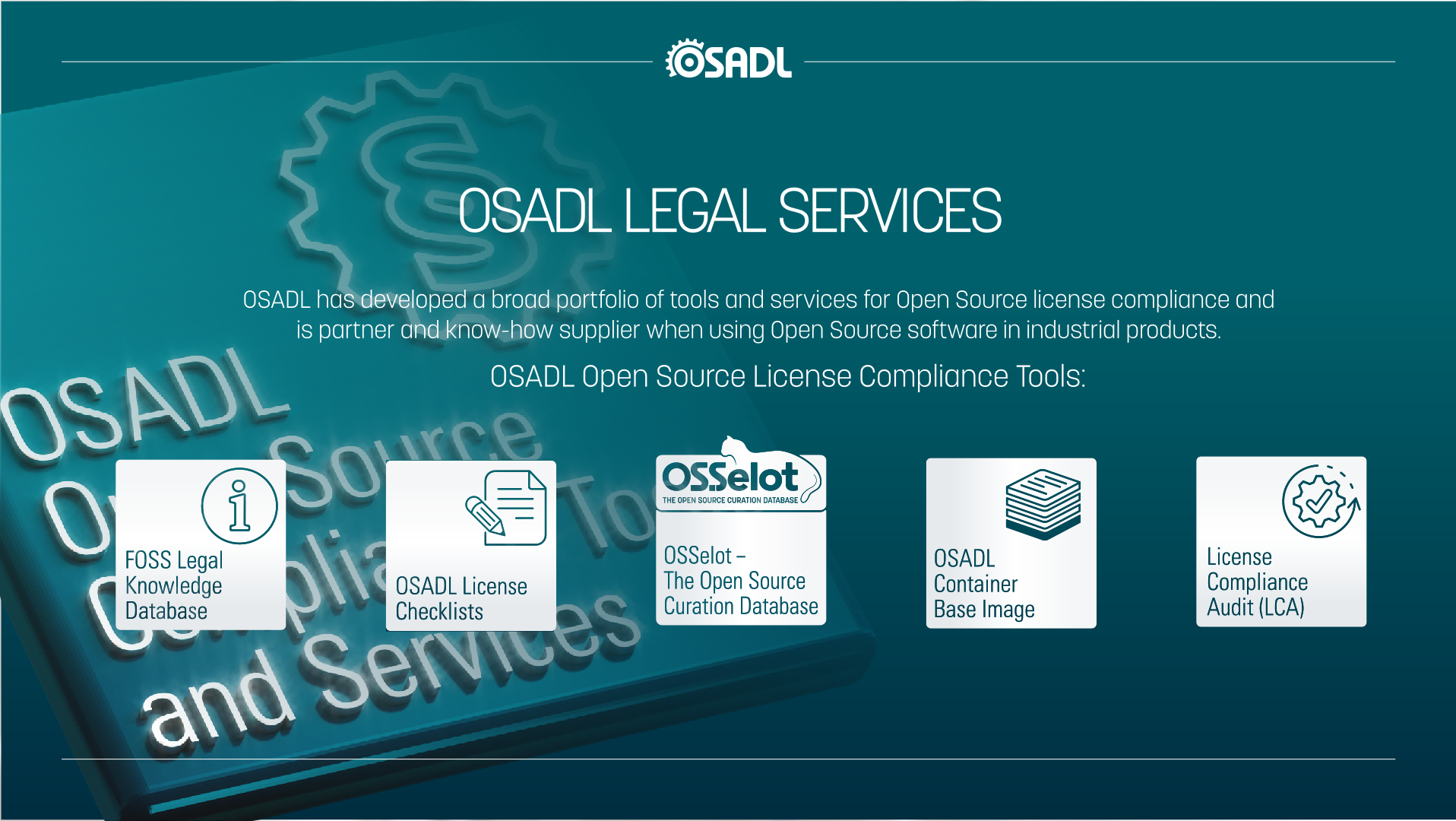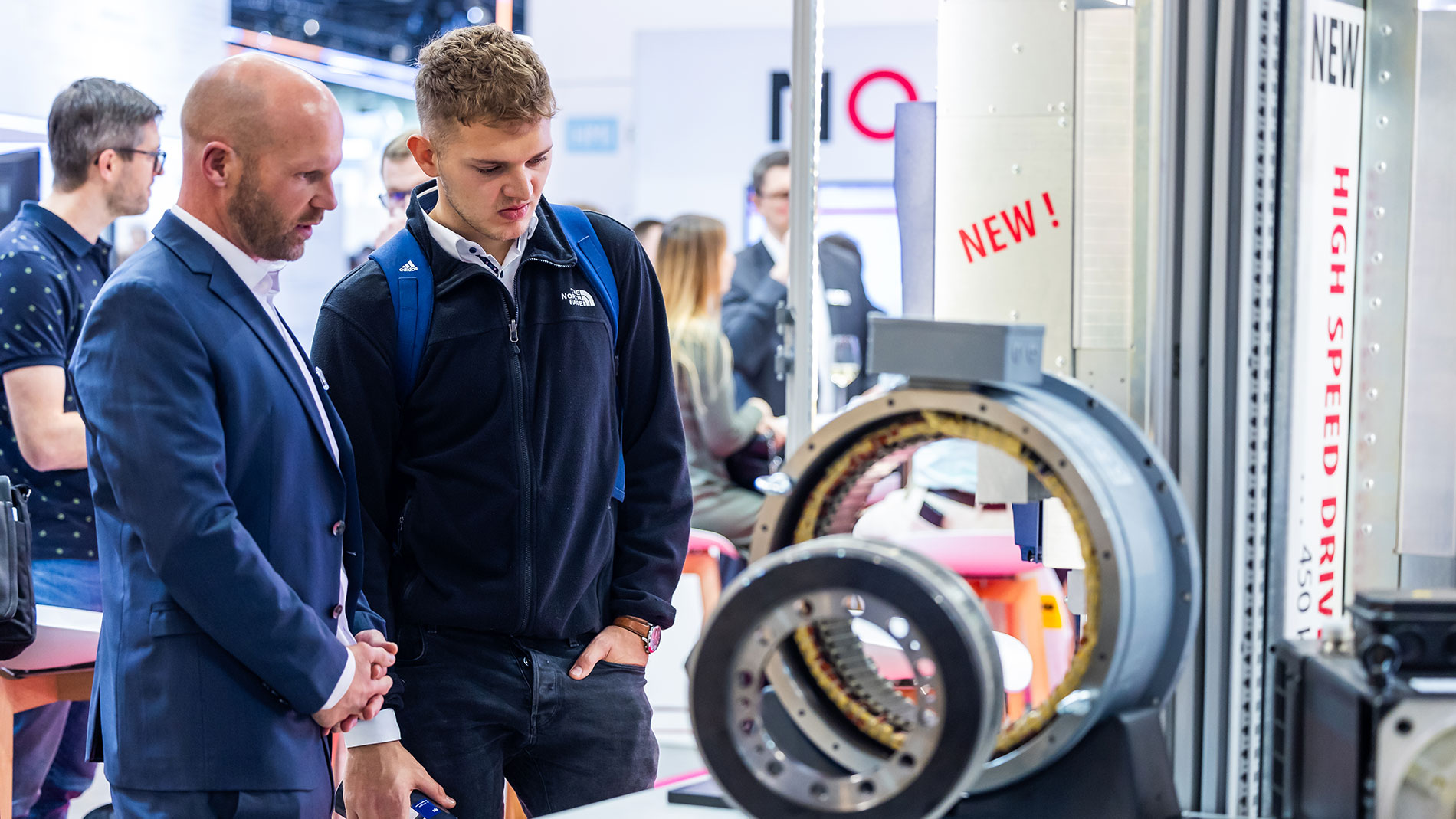Open Source ecosystem for OPC UA PubSub over TSN: All about the community project for a standard Open Source communication stack for real-time Ethernet connections of the future
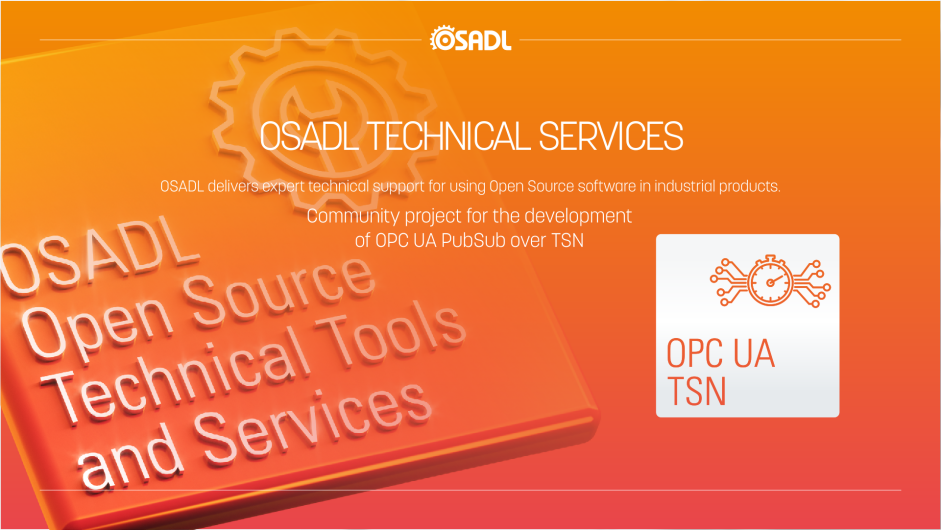
Open Source ecosystem for OPC UA PubSub over TSN: All about the community project for a standard Open Source communication stack for real-time Ethernet connections of the future
Description
After successfully completing earlier phases of the OSADL project for OPC UA PubSub over TSN, the open62541 software now provides an SDK that allows to set up a modern OPC UA server certifiable by the OPC Foundation based on the "Micro Embedded Device Server" profile. Certification according to the "Standard 2022 UA Server Profile" is expected in the future. The software uses an Open Source license that allows to smoothly combine it with proprietary components.
In addition and also for the first time, a PubSub implementation was made available allowing Virtual Local Area Network and other Time-Sensitive Networking components to be used to enable real-time communication over Ethernet. Another milestone was the implementation of secure PubSub with encryption and support for TPM.
With the successful completion of project phase #4, further milestones have been reached that make the SDK easier and more flexible to use. The features implemented for this include dynamic loading of the information model at runtime, the option to configure the server via a JSON file and specific recommendations for using the SDK on resource constrained devices.
Due to the interest of external SDK users and project participants, it was decided to launch phase #5 of the project. To cover the needs of the community in this phase as well, a questionnaire campaign was carried out. The topics that received the most votes were:
- open62541: Full XML datatype de-/encoding
- open62541: Implementation of a Binary / ROM based nodestore
- Creating up-to-date and easy-to-use PubSub over TSN examples and building a demonstrator
- open62541: Enhancement and improvement of the PubSub FastPath
- open62541: UA-Nodeset based data type processing for the nodeset compiler
After the questionnaire campaign was completed, a letter of intent for project phase 5 was prepared and published in February 2024. The call for participation is open until December 31, 2024.
If you would like to learn more about the current situation and the planned software enhancements of the OPC UA SDK, or if you would like to know the conditions for participating in the project, please contact the staff members responsible at OSADL, Jan Altenberg or Alexander Bähr.
Further information: https://www.osadl.org/OPCUA


